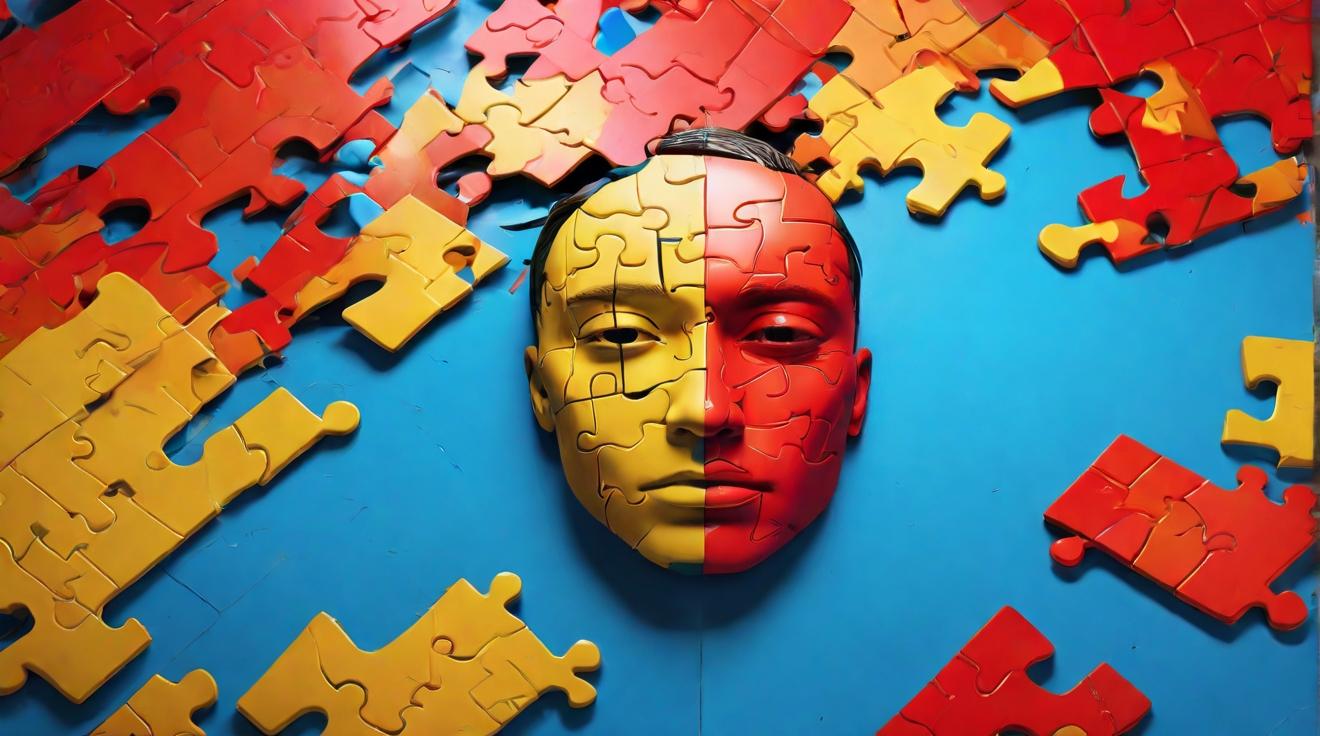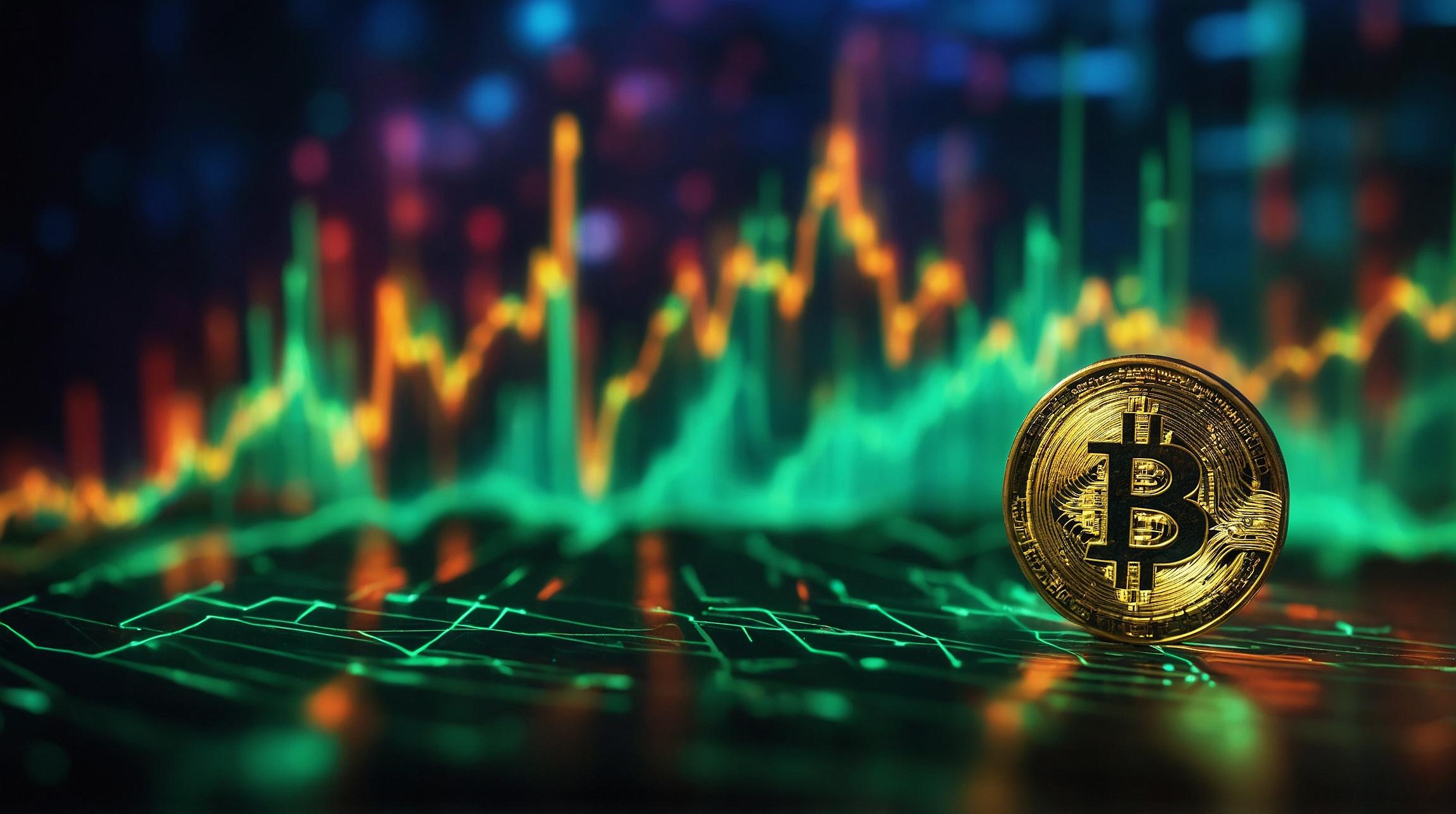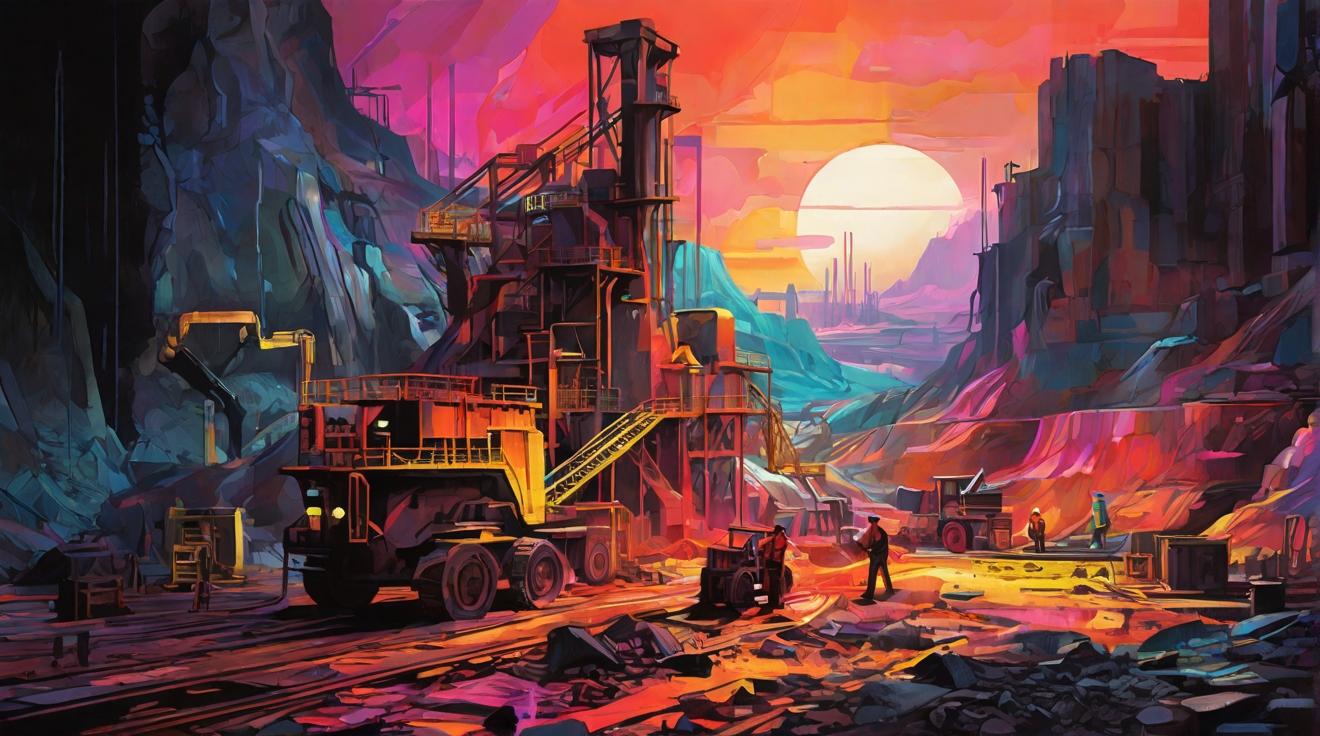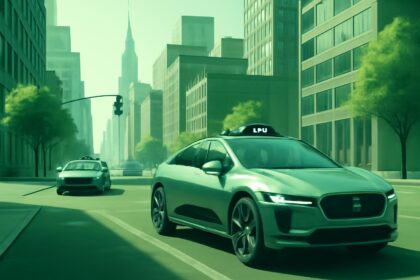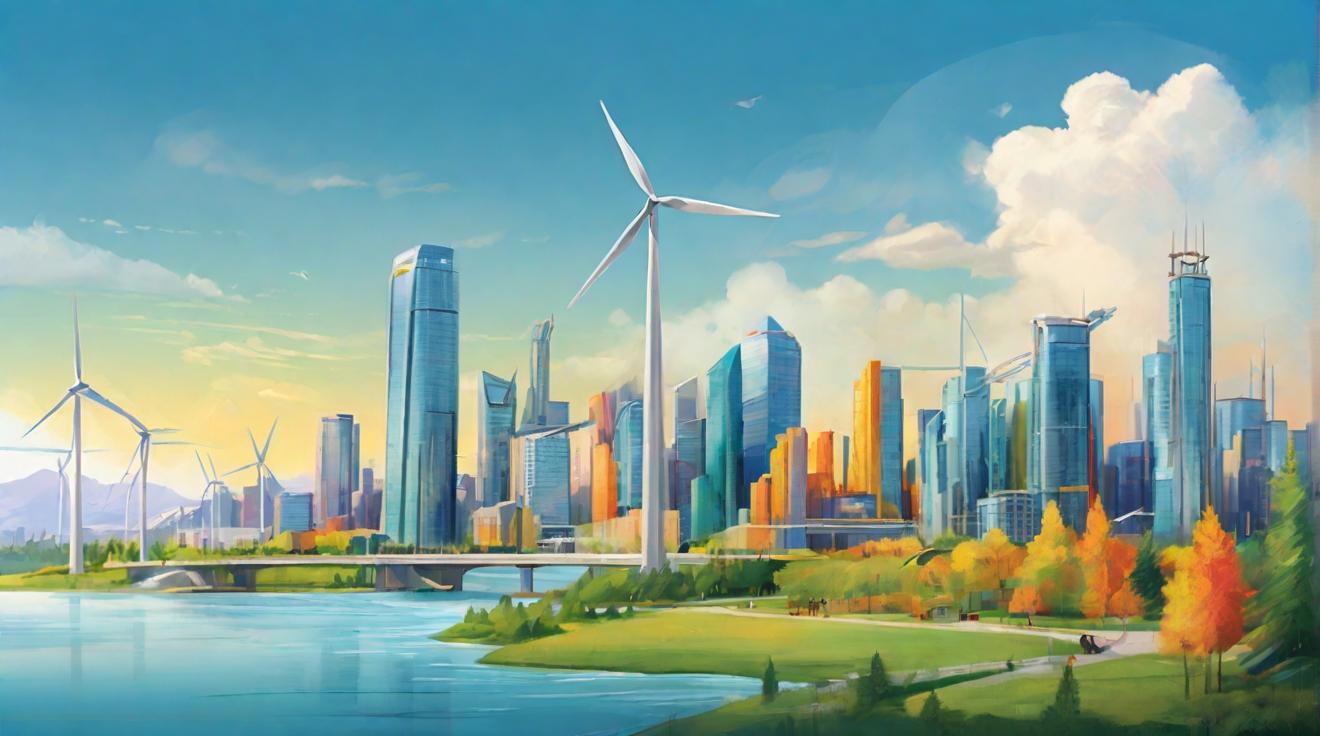Alex Garland's "Civil War" Ignites Debate Over AI-Generated Imagery in Film Promotion
In a move that has stirred significant controversy within the entertainment industry, A24's promotional campaign for Alex Garland's latest film, "Civil War," has come under fire for its use of AI-generated images. Released on April 17, the series of six posters depicted various American cities in the throes of battle, immediately catching the eye not just for their dystopian imagery but for apparent anomalies hinting at their artificial creation.
Critics and viewers alike were quick to point out the unnatural appearances of vehicles, buildings, and other elements within these visuals. A glaring mistake was noted with the Marina City towers in Chicago, which were inaccurately represented, sparking a wave of backlash across social media platforms. Following the uproar, a source close to the production confirmed that the images were indeed crafted using artificial intelligence, intended to mirror the speculative essence of the film itself.
This incident has catapulted discussions regarding the use of AI in the media to the forefront, especially against the backdrop of growing concerns from industry unions regarding the potential for AI to supplant human labor. The debate touches on crucial questions about creativity, authorship, and the future of work in sectors traditionally reliant on human ingenuity.
As this controversy unfolds, it reflects broader issues of technology's role in artistic creation and the ethical implications of AI's encroachment into areas previously governed by human touch. With "Civil War" as a fulcrum, the conversation around the integration of AI in media continues to evolve, spotlighting the delicate balance between innovation and the preservation of traditional crafts in the digital age.
Analyst comment
Neutral news.
Short analyst prediction: The controversy surrounding the use of AI-generated imagery in the promotional campaign for “Civil War” will fuel ongoing discussions about the integration of AI in media and raise concerns about the future of work in sectors dependent on human creativity. It highlights the ethical implications of AI’s encroachment on traditionally human-dominated areas of artistic creation.





